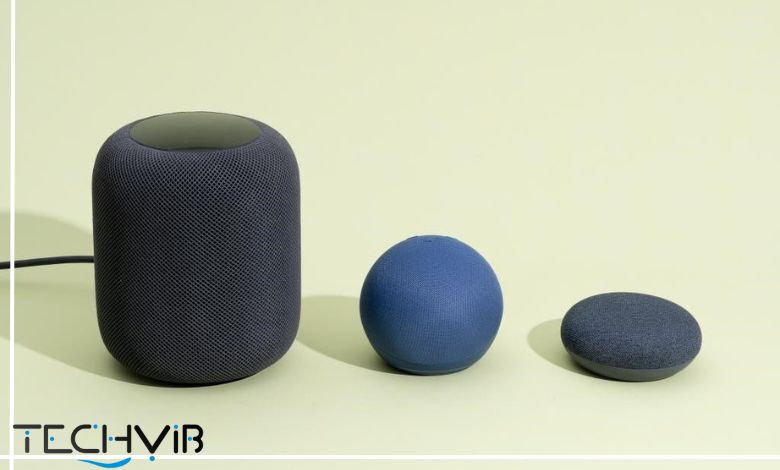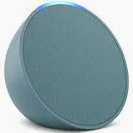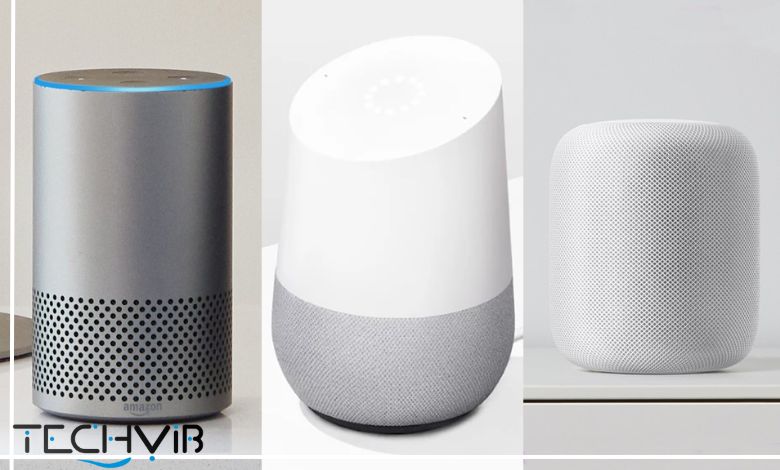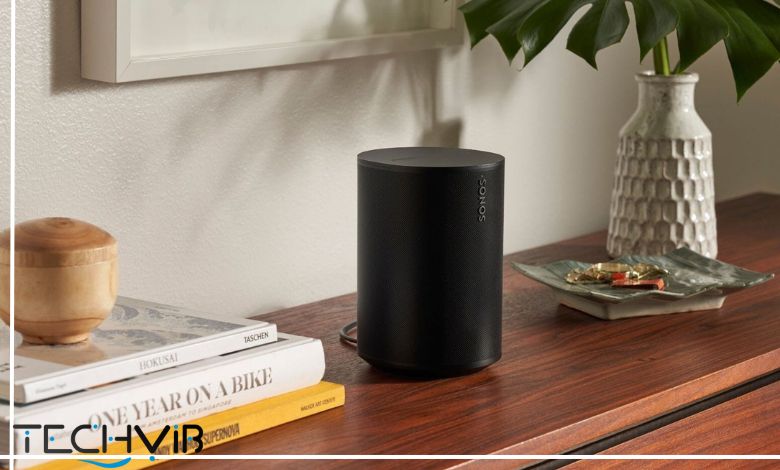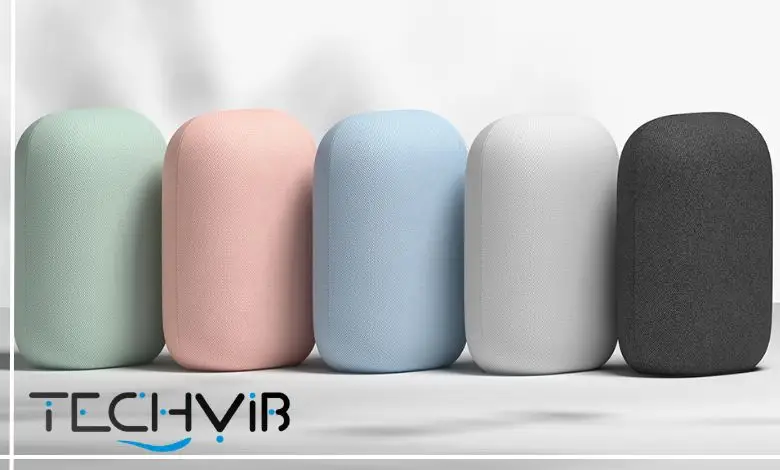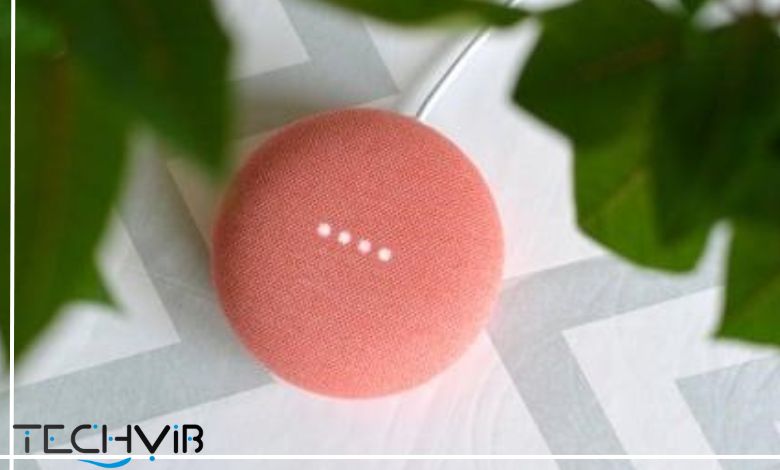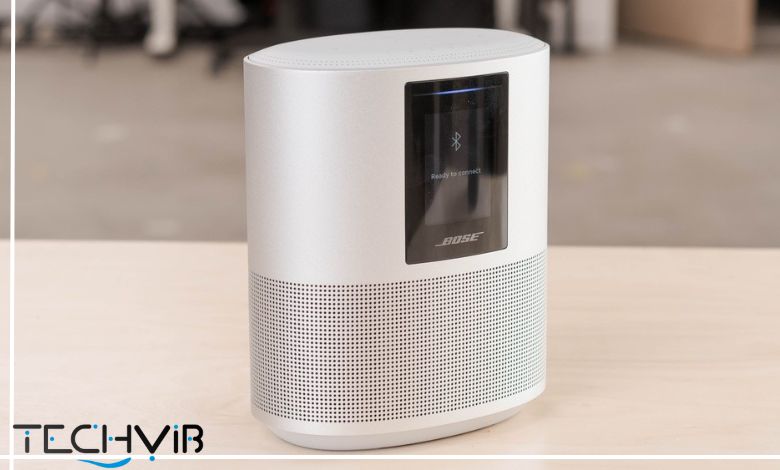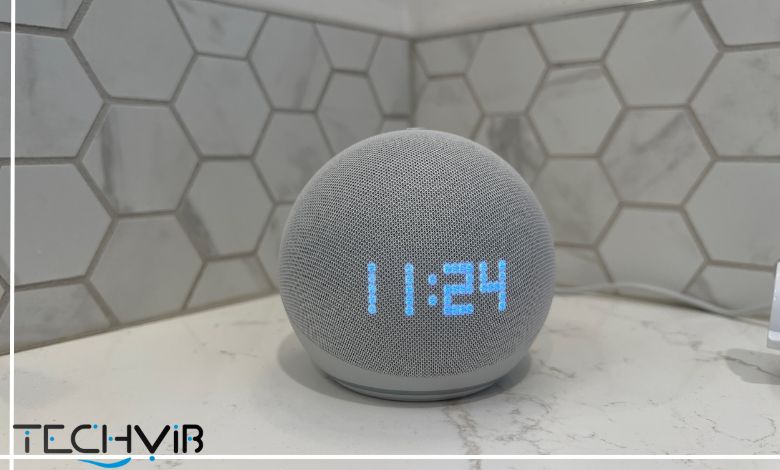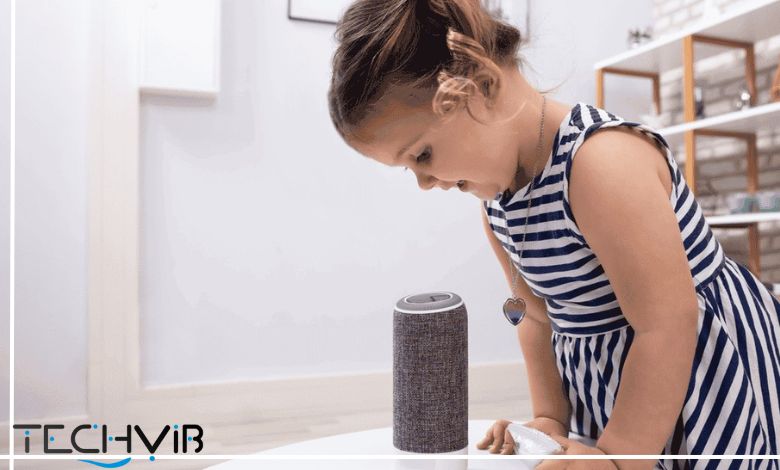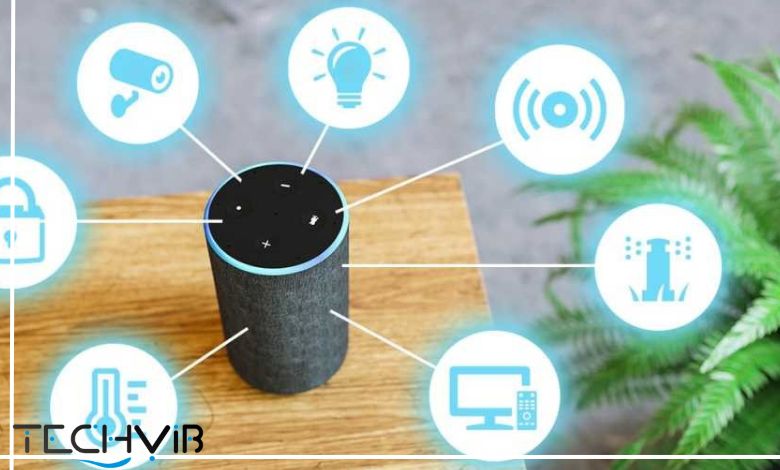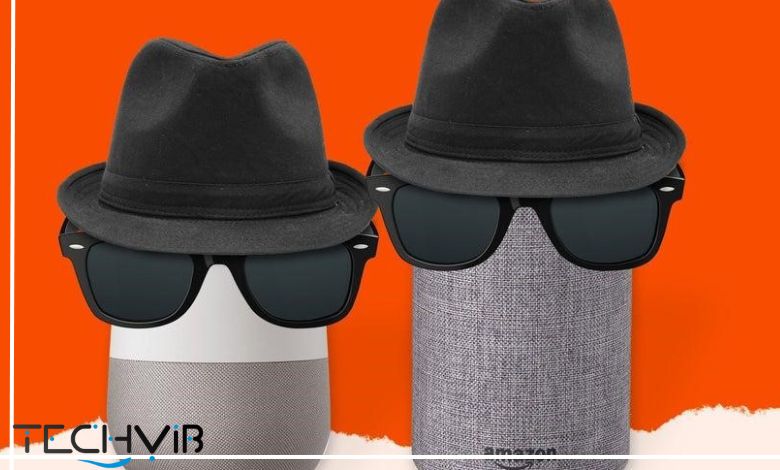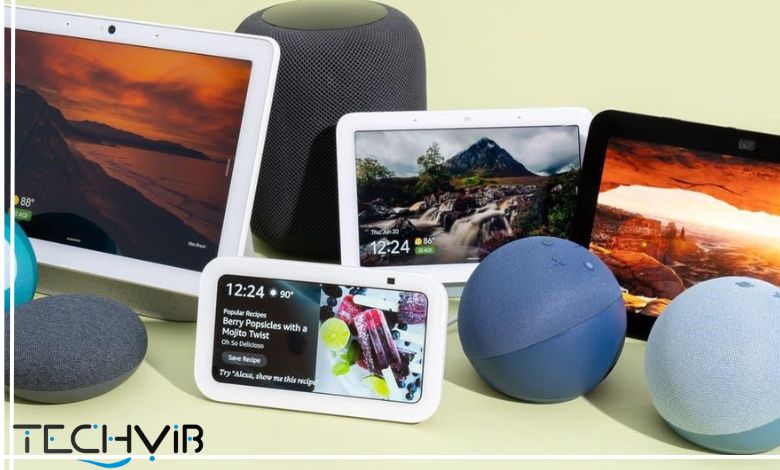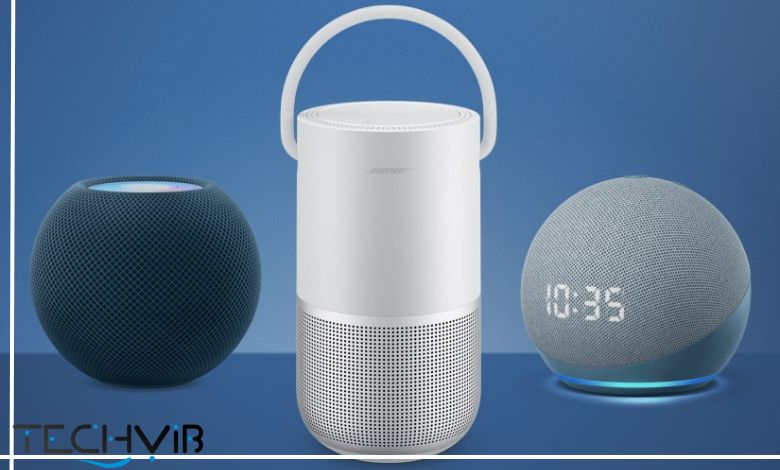Smart Speaker
-
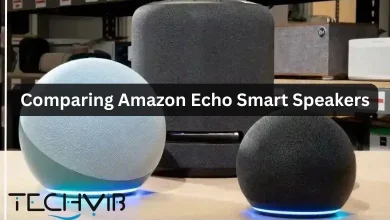
Comparing Amazon Echo Smart Speakers
Amazon’s Echo lineup continues to expand, offering a wide range of Alexa-enabled devices, from the compact Echo Dot to the…
Read More » -
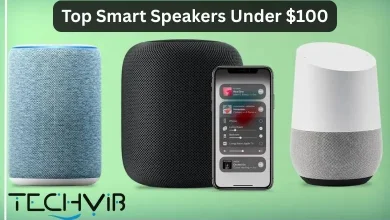
Top Smart Speakers Under $100: Best Picks for Budget Shoppers
Many ask: which smart speaker offers the best value under $100? With numerous budget options from lesser-known brands, it can…
Read More » -

Google Nest Hub Max Review: Big Screen, Smarter Features
The Google Nest Hub Max integrates seamlessly into modern homes, offering a blend of visual, audio, and smart home functionalities…
Read More » -
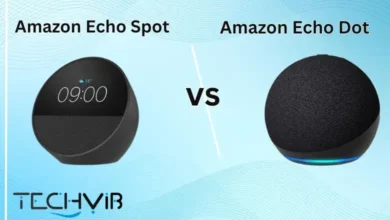
Echo Spot vs Echo Dot: Which Amazon Smart Speaker Wins?
The smart speaker market is a bustling battlefield, and Amazon’s Echo Spot and Echo Dot are two of its most…
Read More » -
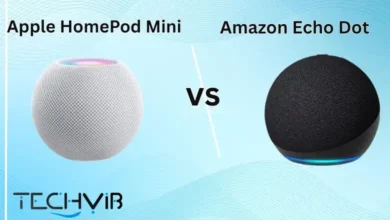
HomePod Mini vs Echo Dot 5th Gen (2025): Which Smart Speaker Is Better for Sound & Smart Home?
Apple and Amazon took very different approaches to smart speakers. Amazon focused on affordability, launching the Echo in 2014 and…
Read More » -
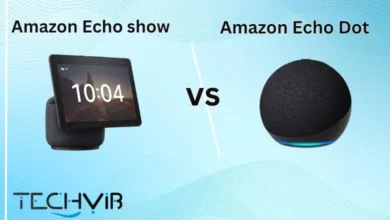
Amazon Echo Dot vs Echo Show 2025: Which Smart Speaker Wins?
When it comes to smart speakers, Amazon’s Echo lineup is a household name. But with so many options, especially the…
Read More » -
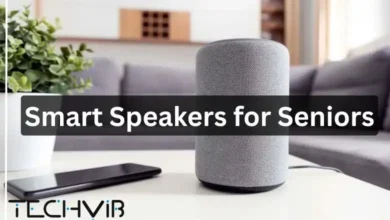
Smart Speakers for Seniors: How to Enhance Independence and Comfort
The global aging population is rapidly increasing, making it essential to support the independence of elderly individuals, especially those living…
Read More » -
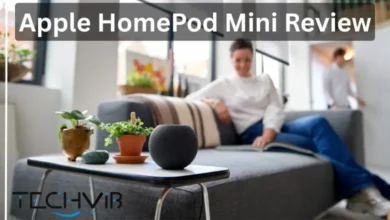
Apple Home Pod Mini Review – Is It Worth Buying in 2025?
The HomePod Mini review reveals that good things do come in small packages. Apple’s compact smart speaker has carved out…
Read More » -
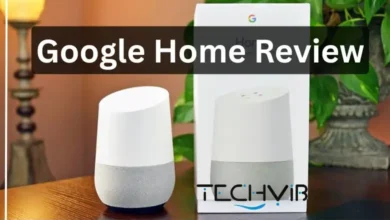
Google Home Review, Classic Smart Speaker Tested & Compared
The Google Home arrived fashionably late to the smart speaker party, making its debut well after Amazon’s Echo had established…
Read More » -

Google Nest Audio Review 2025: Big Sound, Smart Features & Is It Worth It?
The Google Nest Audio represents a significant upgrade to Google’s original smart speaker, bringing improved sound quality, sleek design, and…
Read More » -

Best Smart Speakers for 2025: Upgrade Your Sound
The best smart speaker with a reliable voice assistant can be a great addition to any home. These speakers, usually…
Read More » -

Amazon Echo Pop Review: Is This Fun & Affordable Alexa Speaker Worth It?
In the ever-expanding universe of smart speakers, Amazon has introduced yet another contender, the Echo Pop. This pint-sized, semi-spherical member…
Read More »
